Growth in the light commercial vehicle (LCV) market is being slowed by long lead times as a result of the semiconductor shortage, new figures from the Society of Motor Manufacturers and Traders (SMMT) suggest.
Every car- and van-maker is being impacted by the computer chip crisis, with many new vans not expected to be delivered until 2022.
SMMT data shows that 34,363 vans registered in June, which was down 14% on 2019, a shortfall of some 5,566 units as supply shortages – notably of semi-conductors – affected production volumes and caused delays in the market. Van registrations remain up 14% on Covid-impacted 2020, however.
Mike Hawes, SMMT chief executive, said: “Semi-conductor supply issues have extended lead times, but business confidence is growing and fleets are embarking on decarbonisation programmes.
“Full market transition, however, still depends on the creation of nationwide charging infrastructure to support society and maintain commercial vehicle momentum.”
Year-to-date figures were up 75.9% on last year, and up 1.8% on the pre-pandemic 2015-2019 five-year average.
In total 191,513 new vans have exchanged hands, meaning that 2021 is currently the third best year for van uptake since records began.
Demand for vans was particularly bolstered by operators looking to renew and expand their fleets to meet rising online delivery business and demand from the construction sector.
Demand for larger 2.5-3.5 tonne vans drove the increase in June, comprising the majority (71%) of all registrations in the month, some 24,434 vans.
Other van segments saw drops in demand compared to 2020, with registrations of lighter vans weighing less than or equal to 2.0 tonnes down by almost 19% and those of vans weighing more than 2.0-2.5 tonnes down 4%.
Best-selling electric van
Vauxhall was the UK’s best-selling electric Light Commercial Vehicle (e-LCV) manufacturer in June, with sales topping 1,487.
Sales success in the first half of the year was underpinned by the multi-award winning all-electric Vivaro-e, which has seen record sales of 613 in June, making it the best-selling model not only this month, but for the year-to-date in the a e-LCV sector. Vauxhall has sold 19,079 vans year-to-date, up 73% per cent year-on-year.
With a WLTP range of up to 205 miles and payload of up to 1,226kg, the new Vivaro-e is at the forefront of Vauxhall’s commitment to electrification, as the brand continues its electric vehicle expansion with the goal of offering an electrified variant across its model line-up by 2024.
Paul Willcox, managing director of Vauxhall, said: “As a British brand, I’m proud to see Vauxhall is leading the electrification of the UK van market with our multiple award-winning Vivaro-e.
“Vauxhall is all about democratising access to electrified vehicles and within a few months we will have an all-electric version of every van we sell which should further help to reduce in-use emissions and bring the lower running costs and user experience of driving electric to even more businesses in the near future."
The Vauxhall electric LCV line-up will expand to include the Movano-e large van and the Combo-e compact van. Vauxhall is also adding the Vivaro-e Hydrogen to its all-electric van range during 2022.
Sue Robinson, chief executive of the National Franchised Dealers Association (NFDA) which represents franchised commercial vehicle dealers in the UK, says that although sales of light commercials grew in June, supply issues continue to affect the market.
“This is, in turn, inflating the price of used vans, making it difficult for dealers to evaluate prices to offer for part exchange against a new LCV,” she said.
Overall, the leading products for June were aligned with year-to-date trend with the Ford Transit Custom in first position, followed by Ford’s Large Transit commercial and Volkswagen’s Transporter.
Robinson continued: “There is a general belief the market could have performed even better, had it not been for the worldwide shortage of semiconductors which is slowing supplies.
“Dealers are confident that the market will remain at high levels, but there are concerns with supply issues and subsequent delays in delivering new vans to customers."
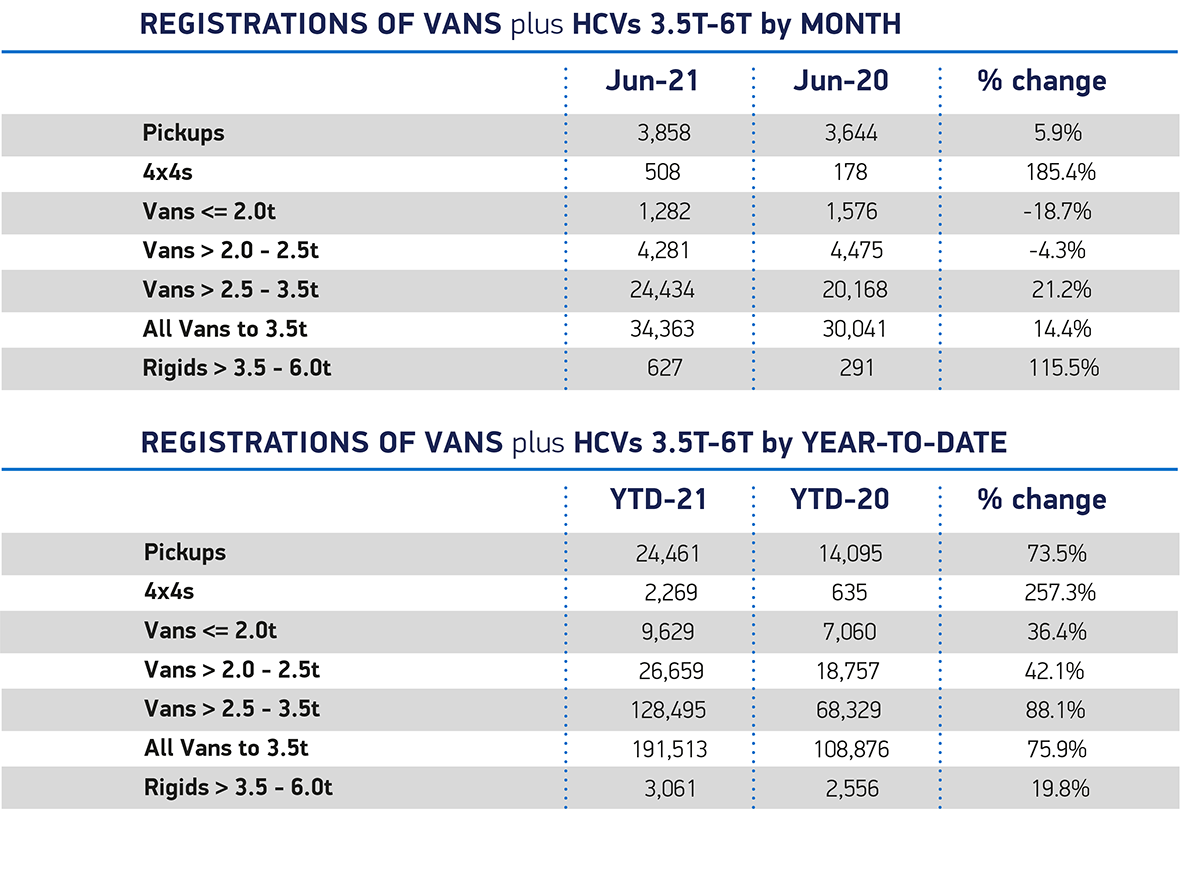
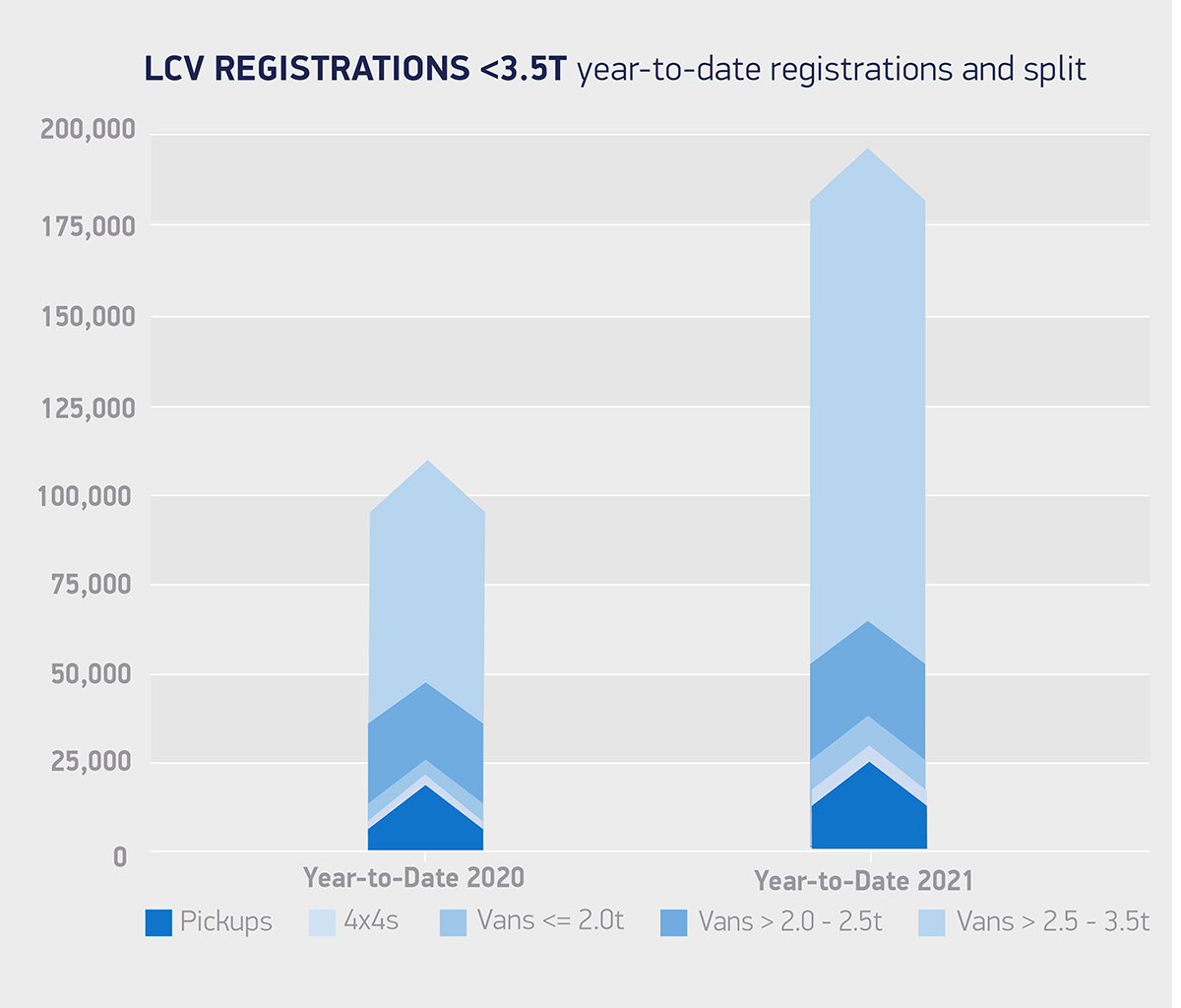
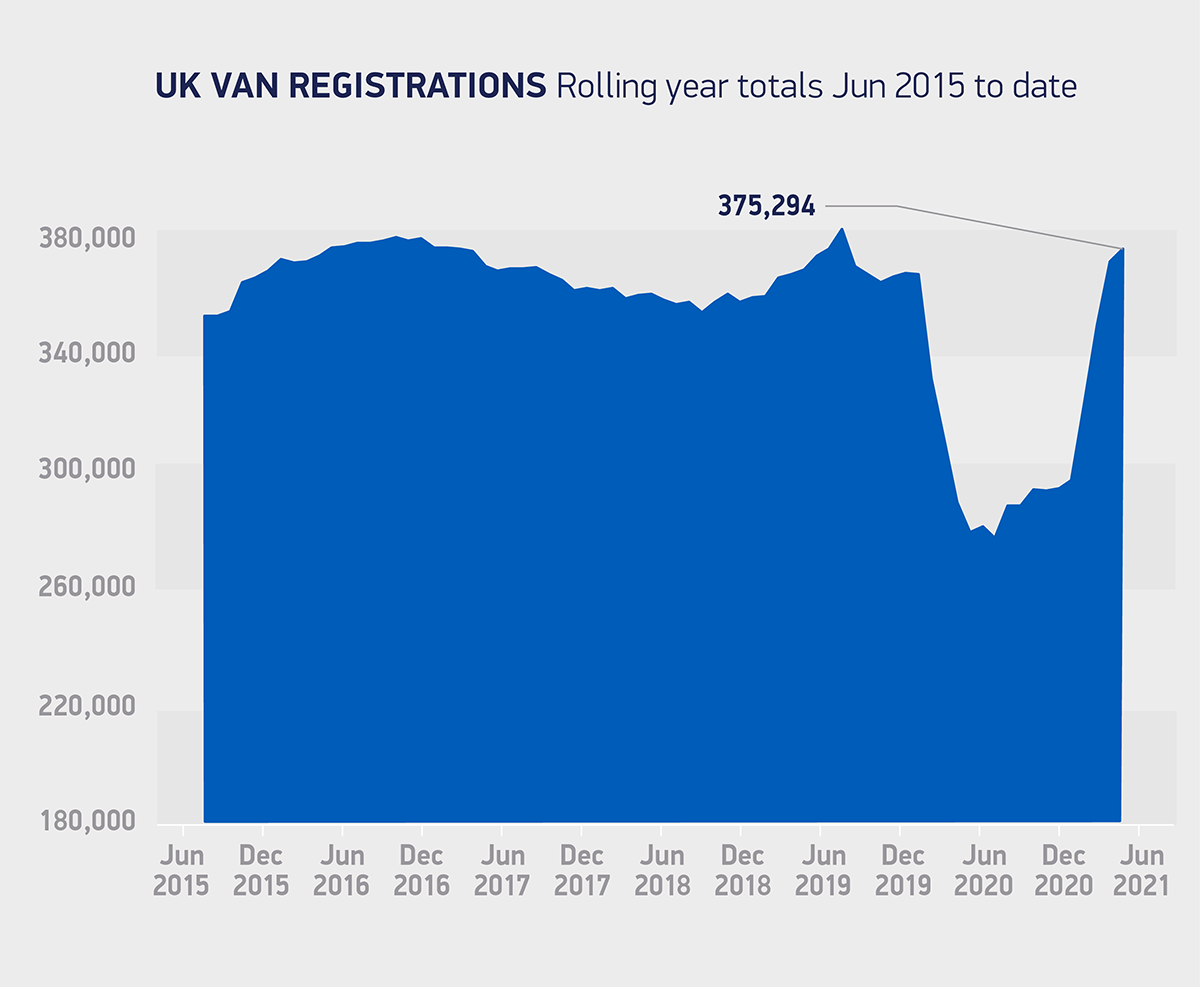
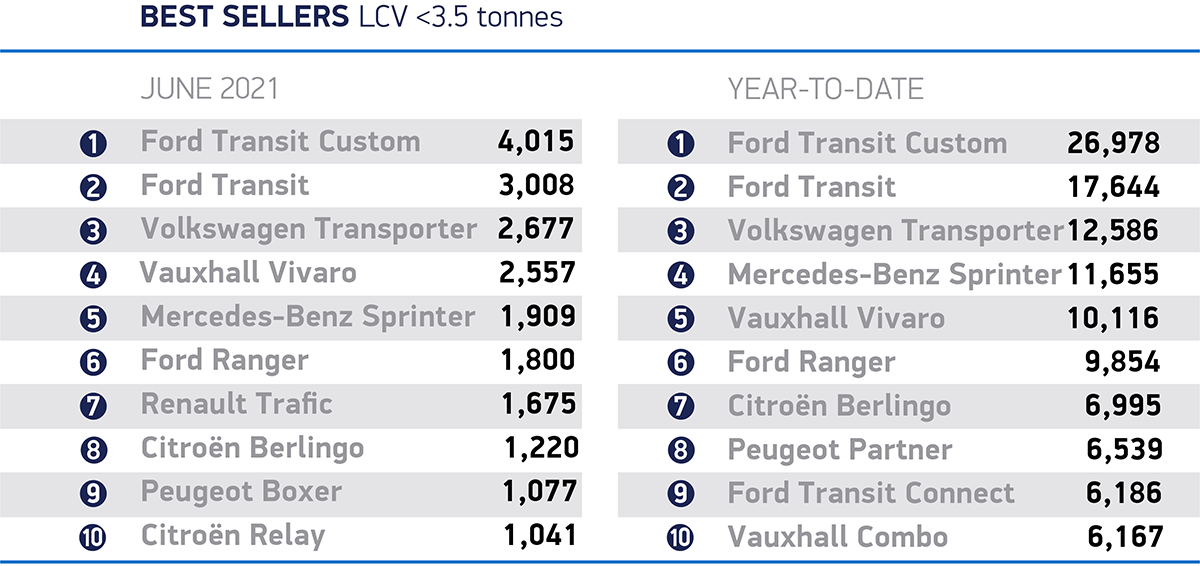



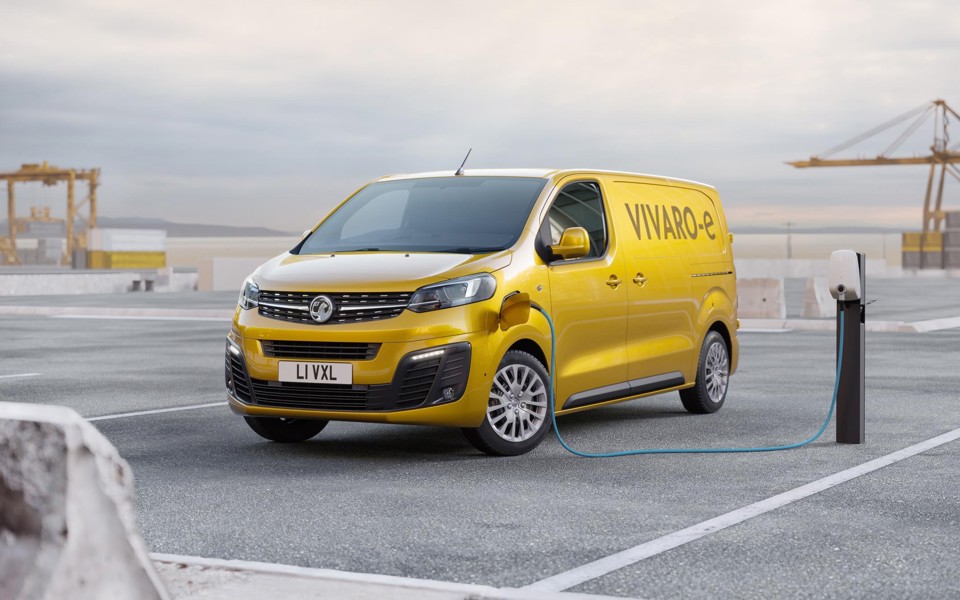


















Login to comment
Comments
No comments have been made yet.